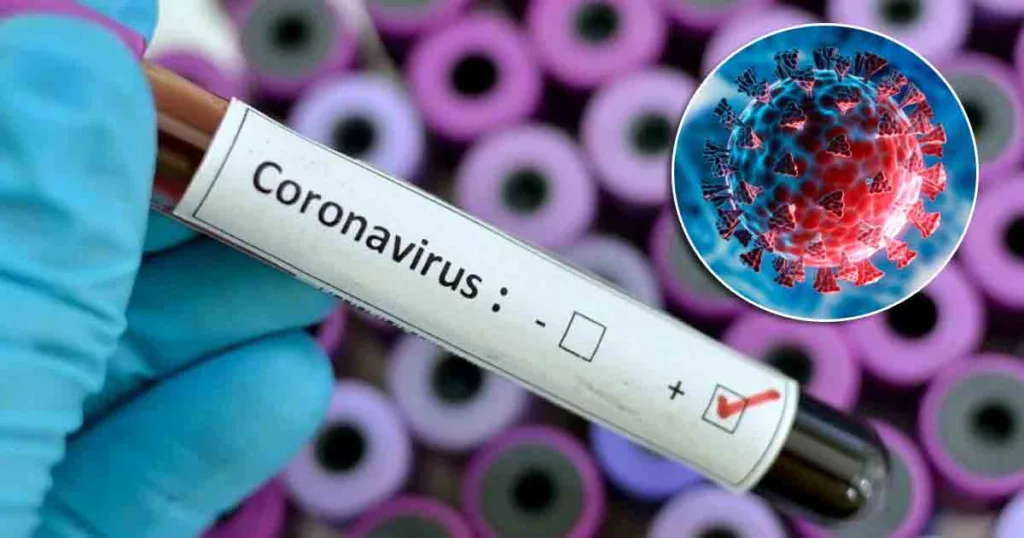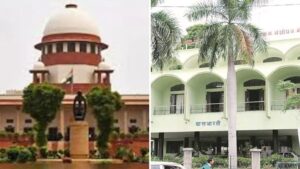Pune: Covid-19 Traces Detected In All Sewage Plants Since May, NCL Warns Of Rising Viral Trends

Pune: Covid-19 Traces Detected In All Sewage Plants Since May, NCL Warns Of Rising Viral Trends
Since early May, traces of the Covid-19 virus have been consistently detected across all 10 sewage treatment plants (STPs) in Pune, according to the CSIR-National Chemical Laboratory (NCL). The laboratory’s ongoing wastewater monitoring has revealed viral activity patterns that resemble those seen prior to earlier Covid-19 waves.
Dr Mahesh S. Dharne, a microbiologist and scientist at NCL, stated that while the current uptick in viral presence appears to be slow, the trend in wastewater positivity is closely following the same trajectory as previous surges. “Our first positive sample came from an STP on April 22. Since May 6, all STPs are showing consistent SARS-CoV-2 presence through RT-PCR testing,” he said.
Wastewater-based epidemiology has proven to be an important early detection method, often identifying the presence of the virus before clinical symptoms appear or testing increases. By analyzing sewage for genetic material shed by infected individuals, this method offers a broad and timely overview of community-level infection trends.
This type of surveillance is particularly valuable as it captures data from both symptomatic and asymptomatic individuals, unlike clinical testing, which depends on people opting in for testing or having access to healthcare.
NCL is currently the only institution systematically tracking wastewater data from all 10 STPs in Pune. The lab has successfully monitored past outbreaks linked to Omicron and its sub-variants. Dr Dharne shared that the current analysis was triggered by recent reports of a Covid-19 resurgence in countries like Singapore. “We had been collecting samples and storing them. After observing international trends, we decided to examine our data,” he noted.
Weekly monitoring shows that around 40 out of 60 samples from these STPs are now testing positive. The consistent detection of the virus since late April indicates its sustained presence in the community. However, heavy rainfall last month may have diluted the samples, potentially masking the full extent of viral spread. “Rainwater likely interfered with the results. But with improved weather conditions, the upcoming week’s findings—due by Friday or Saturday—should offer a more accurate assessment,” Dr Dharne added.
While RT-PCR tests used in sewage surveillance can detect the virus and estimate viral load, they do not easily identify specific variants. “We can’t determine which variant is circulating, but the viral levels are climbing toward thresholds we’ve previously observed before outbreaks,” he said, stressing the importance of acting on early warning signs.
NCL shares its findings regularly with health authorities, including the Integrated Disease Surveillance Programme (IDSP), Maharashtra’s Covid-19 task force, and the National Centre for Disease Control (NCDC) in New Delhi to help guide preparedness.
This surveillance initiative is part of a larger Four City Surveillance Programme launched in August 2021, supported by the Rockefeller Foundation, USA. The program spans Pune, Hyderabad, Bengaluru, and Sonepat. Other key collaborators include CSIR-CCMB, TIGS-NCBS, Ashoka University, and the Pune Knowledge Cluster. The effort is guided by experts such as Dr Rakesh Mishra (TIGS), Dr L.S. Shashidhara (NCBS), and Dr Vinay Nandikoori (CCMB).









